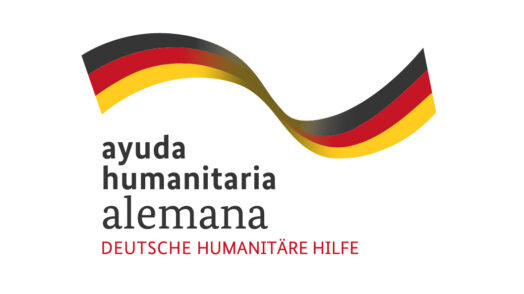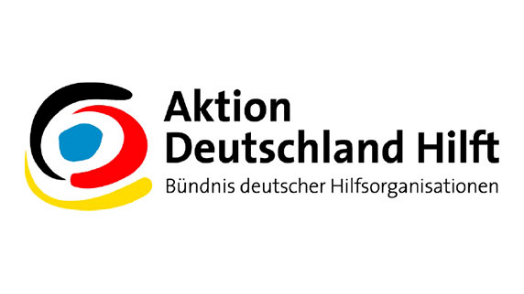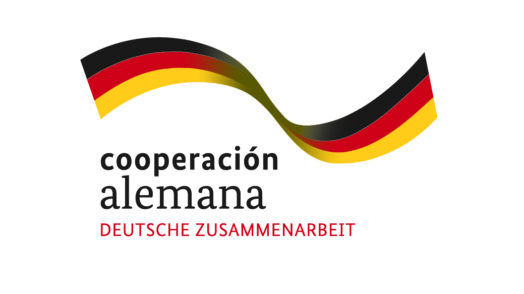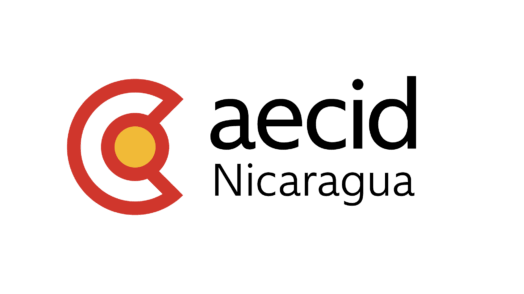Food Security for Populations Affected by Climate Change in Central America (Phase II)
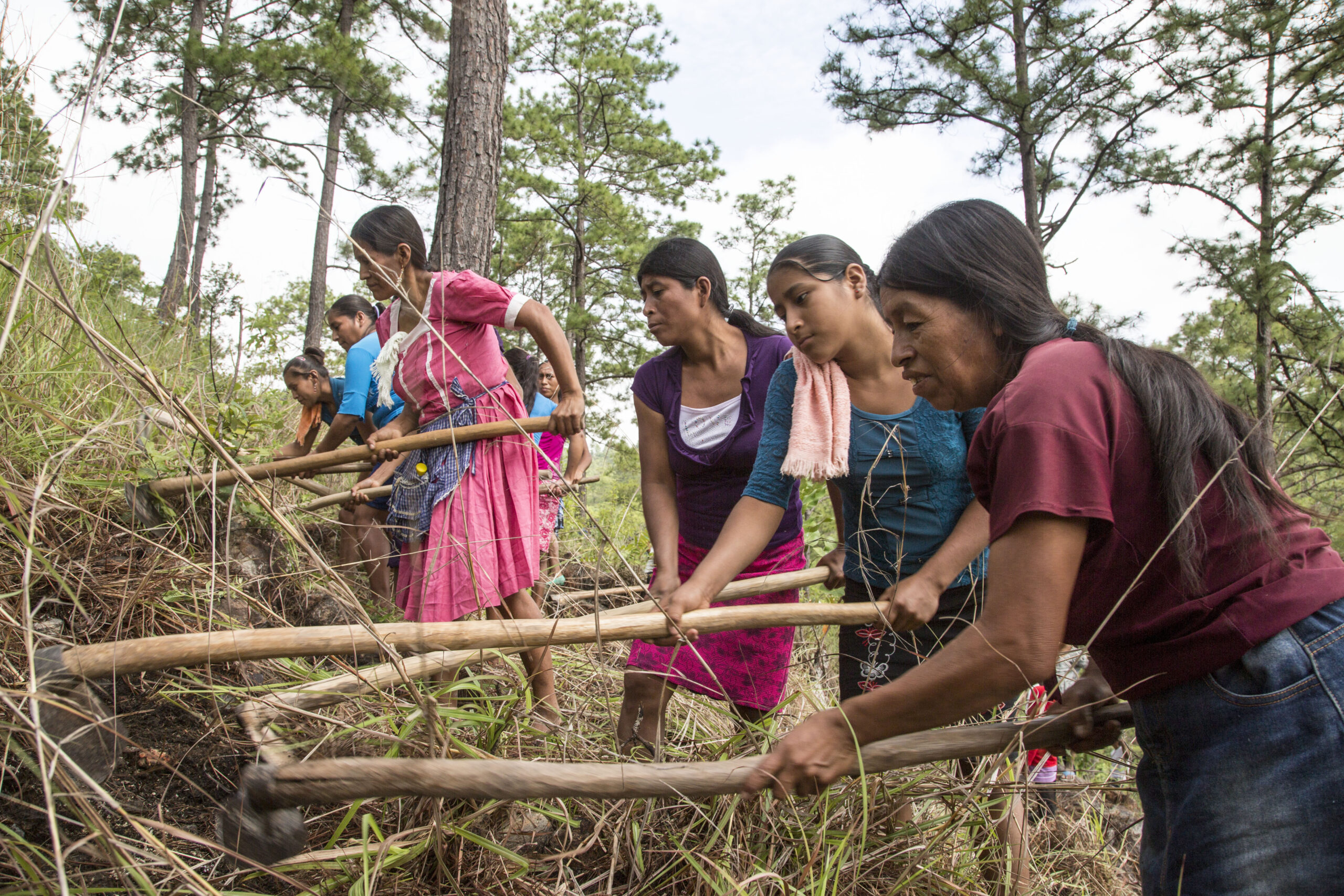
Location:
| Land/Region | El Salvador, Guatemala, Honduras and Nicaragua | Municipality |
|---|---|---|
| El Salvador | San Vicente | Apastepeque |
| Guatemala | Chiquimula | Olopa |
| Honduras | Choluteca | El Triunfo |
| Honduras | Choluteca | Concepción de María |
Map of the areas of intervention:
Impact:
Improve response and adaptation capacities to the impacts of the climate crisis, especially the prolonged drought and the resulting food insecurity of smallholder families in the Central American dry corridor.
General Objective:
Vulnerable smallholder families in the dry corridor of Central America sustainably increase their resilience to drought by strengthening networks and civil society organizations to advocate for the articulation and implementation of the policy and legal framework for agricultural drought risk management at the local, national and regional levels.
Clusters:
- Cluster #1:
Smallholder families improve their food security through the replication of good agricultural practices and sustainable, resilient and climate change-adapted livelihood models and timely access to agro-climatic information. - Cluster #2:
The technical staff of disaster risk management authorities, decision makers and other key stakeholders in the dry corridor manage and make use of drought early warning systems focused on agricultural drought, framed within the national systems of the three countries, which have been disseminated at the regional level. - Cluster #3:
Civil society organizations and networks impact drought risk management, food security and resilience at local, national and regional levels based on evidence and replicable experiences and establish collaborative relationships with national and regional institutions for the dissemination and scaling up of successful measures.
Enfoques de valor añadido del Proyecto:
- Multi-level (local, national and regional)
- Multi-sectorial (construcción de capacidades, sistemas de alerta temprana)
- Multi-stakeholder (civil society and authorities)
- Strong participatory and local reference character
- Pilot character and multiplying effect
- Inclusive Approach (Active inclusion of people with disabilities)
- Gender approach
- Approach to conservation and protection of the environment

